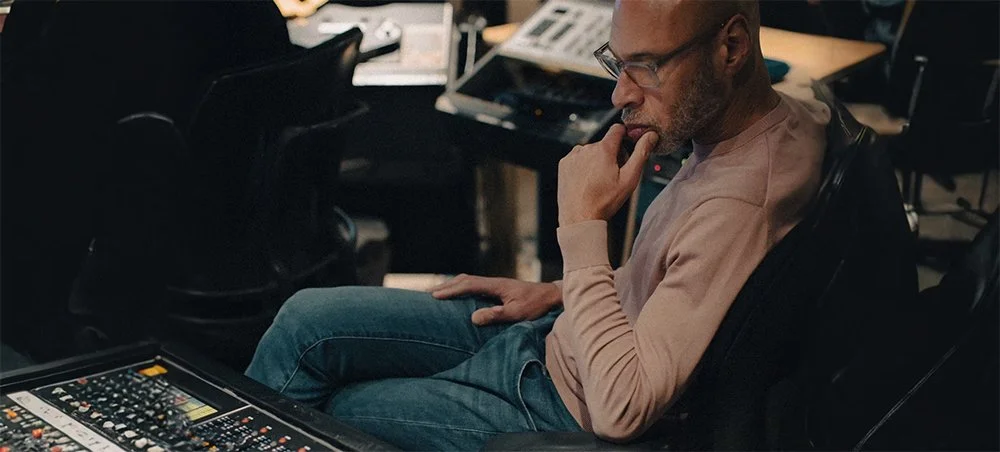ABOUT
Joshua Redman’s name resonates deeply in the jazz world as a gifted improvisor, a charismatic performer, and an insightful thinker on the nature and meaning of music.
The son of legendary saxophonist Dewey Redman and Renée Shedroff, a dancer and librarian, Joshua’s childhood was steeped in music, movement, storytelling and the written word. That influence is evident in the remarkable path he’s carved, blending emotion and intellect into a sound and style unmistakably his own.
After graduating summa cum laude from Harvard University and deferring his acceptance to Yale Law School, Redman moved to New York City, immersing himself once again in the world of the arts. Gigging and recording with some of the greatest musicians of all time – Charlie Haden, Elvin Jones, Jack DeJohnette, Joe Lovano, McCoy Tyner, Clark Terry, Milt Jackson, and his father, Dewey Redman, to name just a few – he found himself at the epicenter of the city’s thriving jazz scene. It was there that a true calling began to emerge.
In 1991, shy and reluctant, but encouraged by friends, Redman entered and won the Thelonious Monk Institute of Jazz International Competition, widely regarded as the preeminent event of its kind. The industry quickly took notice…
